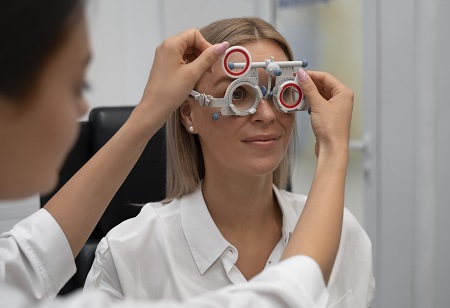India Pharma Outlook Team | Thursday, 29 February 2024

PulseSight Therapeutics SAS, an ophthalmology biotech company developing disruptive non-viral gene therapies with minimally-invasive delivery technology, launches with seed finance from Pureos Bioventures and ND Capital. It is poised to clinically validate its highly innovative delivery platform by advancing two first-in-class late-stage preclinical drugs for wet and dry age-related macular diseases (AMD), including geographic atrophy (GA) and major diseases of the elderly leading to blindness.
PulseSight’s proprietary non-viral gene therapy ocular platform uses an electro-transfection system to deliver DNA plasmids encoding therapeutic proteins into the ciliary muscle to treat major eye diseases. The technology has already been validated in a first Phase I/II clinical study, demonstrating a good safety profile of the plasmid and the delivery system and a long-lasting clinical benefit for up to eight months (in patients with chronic noninfectious uveitis).
Current treatments for wet AMD all belong to the same class of drugs that target vascular endothelial growth factor (VEGF) and act primarily on the neovessels to reduce vascular leakage, with a limited efficacy over time, leading to the need for frequent reinjections. Wet AMD is a complex disease involving many pathological pathways that lead to progressive vision loss, and there remains a significant unmet need.
The company’s lead program, PST-809, is a potential first-in-class wet AMD therapy comprising a dual-gene plasmid encoding for a potent anti-VEGF, aflibercept, and decorin. This anti-angiogenic and anti-fibrotic native protein reduces choroidal neovascularization (CNV), vascular leakage, and subretinal fibrosis, preventing the epithelial-mesenchymal transition of the retinal pigment epithelial (RPE) cells or even favoring RPE healing. In preclinical studies, PST-809 has shown superior efficacy to intravitreal aflibercept to reduce vascular leakage and promote RPE wound healing, indicating its potential to encourage regression disease and prevent vision loss in patients. In addition to its high potency, PST-809 may reduce the need for repeated anti-VEGF injections to once every six months, thereby increasing compliance and easing the burden of chronic disease treatment.